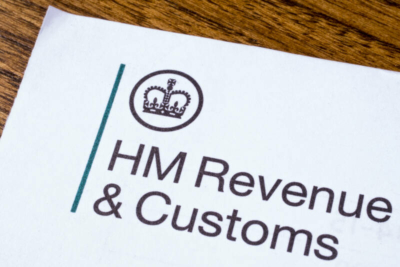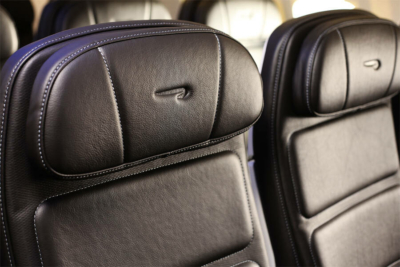Can you claim tax relief if you pay to upgrade your flight on a business trip?
Links on Head for Points may support the site by paying a commission. See here for all partner links.
As it’s a quiet Bank Holiday weekend, with no major loyalty news, I thought I’d update this article which originally appeared two years ago. It provoked some very interesting discussion at the time.
It is often possible to pay an additional sum at the airport to upgrade your flight. Some airlines even have cards on the check-in desks with a price list. British Airways also occasionally offers upgrades via ‘Manage My Booking’ in advance of travel.
The same applies to trains, of course, and is getting more common now with apps such as Seatfrog allowing you to bid for last minute upgrades.

These deals can be good value, especially with airlines where you may qualify for additional miles or tier points from the higher class. (Not all airlines allow this, so be careful if it is offered.)
If your company policy is that a certain flight must be in Economy, and you personally pay a few hundred pounds to upgrade to Premium Economy or Business Class, you clearly can’t hand in your receipt to your employer and ask for the money back.
But …. can you ask the Inland Revenue, via your self assessment tax return, for tax relief on the money you spent?
This would be a chunky sum, as most people who travel for work will be in the 40% tax bracket.
Looking at this taxation.co.uk article, the answer is ‘Yes’.
(Unfortunately, you need to register with the website in order to see the full discussion.)
The logic behind the decision seems clear:
HMRC is happy to reimburse premium cabin travel – there is no rule saying that only economy tickets are tax deductible
You are incurring an allowable business expense ‘wholly’ in the course of undertaking your employment, which means you can claim tax relief on it
The cost would go into Box 17 on the ‘Employment’ section of your self-assessment return.
The only potential snag for employees (not the self employed, who have different rules) is that the expense must be “wholly, exclusively and necessarily” for the performance of your role. This does not appear to be a problem when upgrading travel, and it is easy to argue that the extra space and comfort is necessary for business reasons.
If you look at page 35 of the Inland Revenue guide to employee travel (PDF), the example of Fiona appears to confirm this policy.

It is perhaps less clear-cut that you could upgrade your hotel room for cash and claim back the difference, although it would presumably be easy to claim that you needed a bigger desk / space to meet a colleague etc.
The Inland Revenue guide makes it very clear that there is no requirement to take the cheapest possible option when travelling. This applies to both the mode of travel (you can claim the full cost for rail travel even if a bus is cheaper) or class of travel (First Class travel is allowable).
Here’s a rough example of how this could work out
Imagine that you are flying to New York on a heavily discount British Airways Economy ticket for work. At check-in you are offered an upgrade to Premium Economy for £300 one-way. You are a 40% taxpayer.
Additional Avios earned (3458 – 865): 2,593 Avios
Additional tier points earned (90 – 20): 70 tier points
Net cost to you after tax relief: £180
Given that you would get seven hours in the far better World Traveller Plus seat, plus a chunk of extra Avios, plus a chunk of extra tier points (most people consider £2 per tier point a fair price), you are coming out of this OK.
The only downside is that you have to pay the £300 now and won’t get the benefit of the tax relief for a year or more. You would also need to submit a self-assessment form, if you don’t already, or a P87 form. This is the same form you use to, for example, reclaim cycle depreciation or motoring costs if you travel to meetings and cannot reclaim the cost from your employer.
Can you get tax relief if you use Avios to upgrade?
We are now talking outside of the remit of the article I am discussing, and these are only my personal thoughts.
Air miles are generally treated as having no value for tax purposes. You are not taxed when you receive them. Using that logic, you should not be able to claim tax relief for the value of Avios you use to upgrade a work flight.
The Avios terms and conditions also make it clear that your points are actually the property of Avios Group and have only a nominal legal value. This would also count against being able to claim they have a value for tax relief.
However, if you went to ba.com and bought some Avios which you used to upgrade your flight, I think you would have a better case for claiming tax relief on that payment. At the end of the day, HMRC does not ask to see receipts for the tax relief you are claiming so it would only come up for discussion if they chose to investigate your return.
Clearly you shouldn’t take tax advice from me though ….



 Rob
Rob 





Comments (61)